Research Papers/Articles
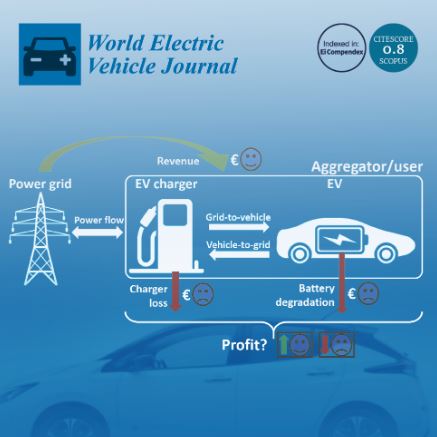
Optimizing Public Charging: An Integrated Approach Based on GIS and Multi-Criteria Decision Analysis
2022
Author(s): Khalife A, Fay T-A, Göhlich D.
This research aims to assist municipalities in planning their strategic rollouts of public charging infrastructure in size and location.
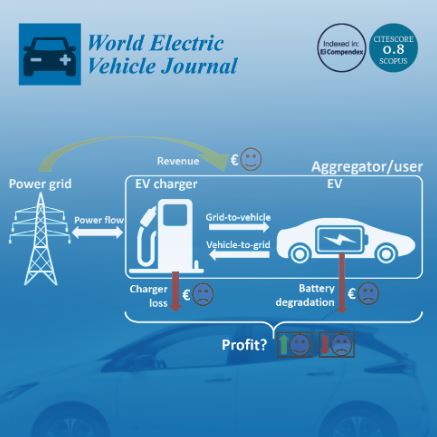
Thermal Analysis of Coupled Resonant Coils for an Electric Vehicle Wireless Charging System
2022
Author(s): Wen C, Xu Q, Chen M, Xiao Z, Wen J, Luo Y, Zhao X, Liang Y, Liang K.
This paper studied the temperature distribution of the magnetically coupled coil model for electric vehicles. Based on the study of the basic law of heat transfer, the coil model was established using ANSYS software, and the boundary conditions and relevant parameters were set.
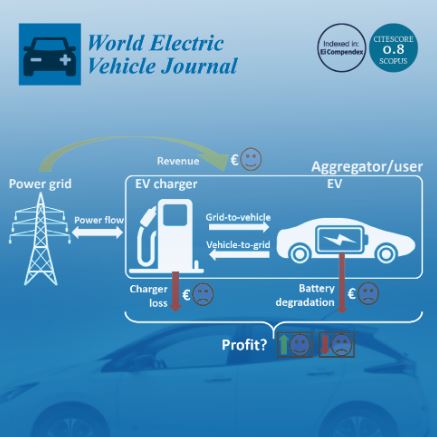
Development of the State of Warranty (SOW) for Electric Vehicles
2022
Author(s): Arrinda M, Sánchez D, Oyarbide M, Macicior H, Zubiria A.
There is an exponential increase in electric vehicles on the road that need a follow up in terms of warranty. The proposed state of warranty (SOW) is a metastate that qualitatively describes the warranty fulfillment level of an electric vehicle
International Vehicle Labeling Programs and Recommendations for a Heavy-Duty Vehicle Greenhouse Gas Emission Labeling Program in China
2022
Author(s): Niu T, Rodríguez F, Ragon P-L
The study analyzes national programs dealing with environmental labeling of heavy-duty vehicles, and recommends steps China or other markets can take to establish a robust HDV labeling program
Identification and Evaluation of Barriers in Implementation of Electric Mobility in India
2022
Author(s): James AT, Kumar G, Pundhir A, Tiwari S, Sharma R, James J
Transportation is the primary source of greenhouse gases, which are mostly contributed by fossil fuel-driven automobiles. The entire world is now focusing on reducing the dependency on fossil fuels and switching to using electric vehicles.
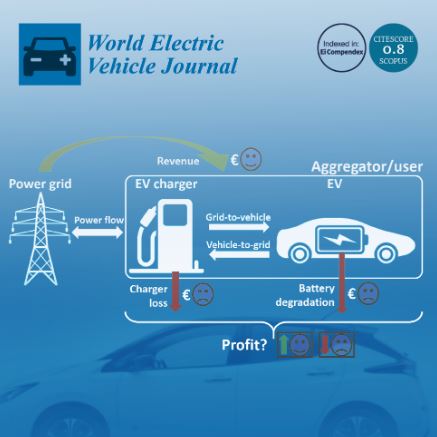
A Review of Critical State Joint Estimation Methods of Lithium-Ion Batteries in Electric Vehicles
2022
Author(s): Wen C, Xu Q, Chen M, Xiao Z, Wen J, Luo Y, Zhao X, Liang Y, Liang K.
Battery state of charge (SOC), state of health (SOH), and state of power (SOP) are decisive factors that influence the energy-management system (EMS) performance of electric vehicles. However, the accurate estimation of SOC, SOH, and SOP remains challenging due to the high nonlinearity of the battery dynamic characteristics and the strong coupling among the states
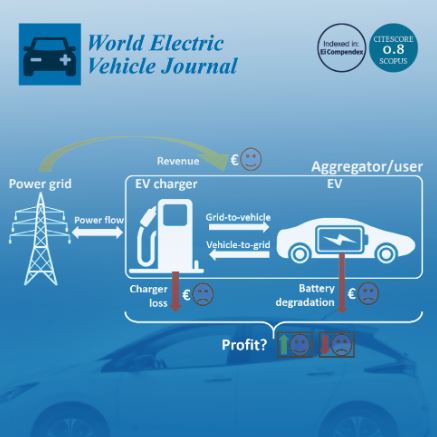
Technical Feasibility of Heavy-Duty Battery-Electric Trucks for Urban and Regional Delivery in Germany—A Real-World Case Study
2022
Author(s): Link S, Plötz P.
This case study aims to assess the technical feasibility of urban and regional delivery in Germany based on real-world and per-vehicle operational data that feed into an energy simulation with Monte-Carlo modeling.
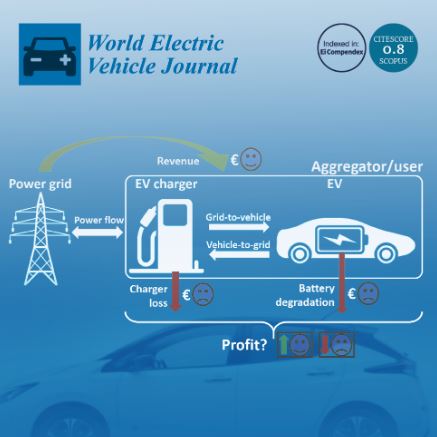
Where to Charge Electric Trucks in Europe—Modelling a Charging Infrastructure Network
2022
Author(s): Speth D, Sauter V, Plötz P.
The European Union plans to build a fast charging network for trucks to decarbonize road freight transport. This paper presents two scenarios covering European highways with charging stations at regular intervals every 50 or 100 km along the most important highways.
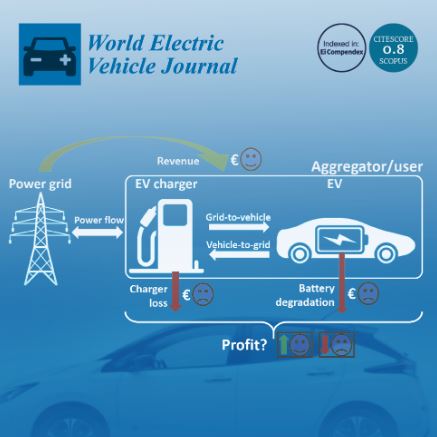
Potential of Load Shifting in a Parking Garage with Electric Vehicle Chargers, Local Energy Production and Storage
2022
Author(s): Castellucci V, Wallberg A, Flygare C.
This article provides a case study based on a real-world parking garage with a smart grid infrastructure called Dansmästaren. The analysis shows how renewable energy sources, energy storage technologies, and smart charging of electric vehicles can smooth out the load curve of the parking garage and relieve the electric grid during peak hours.
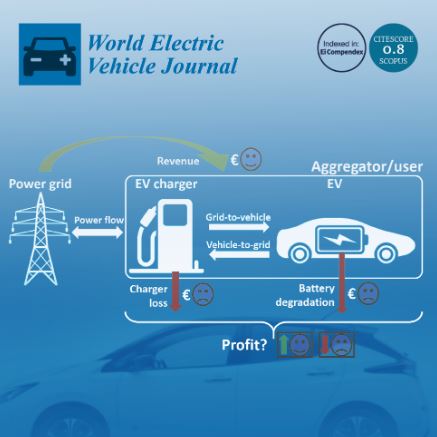
Effects of the Incorporation of Electric Vehicles on Protection Coordination in Microgrids
2022
Author(s): Saldarriaga-Zuluaga SD, López-Lezama JM, Zuluaga Ríos CD, Villa Jaramillo A.
Electric vehicles (EVs) would connect to the grid using clean, renewable electricity; however, the interconnection between EVs and the grid brings about new challenges for traditional power systems. Plug-in hybrid and plug-in EVs have become more prevalent in the system; therefore, their impacts and benefits are also of concern.



